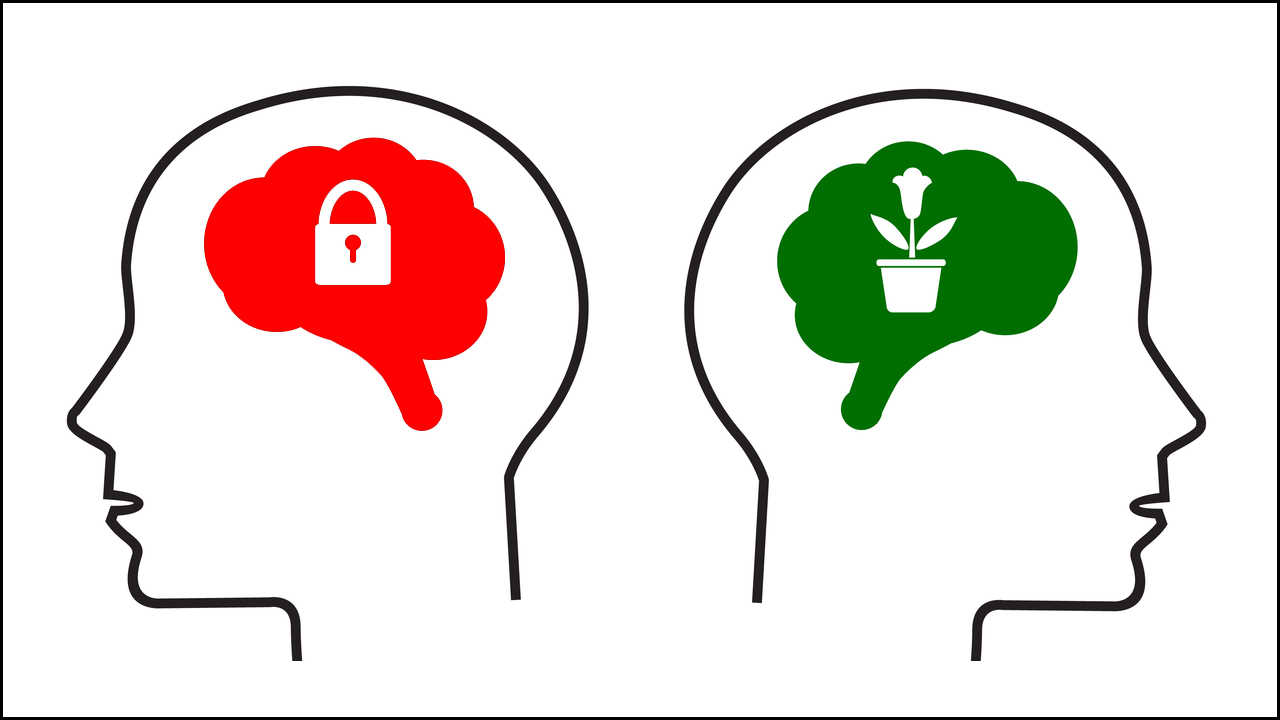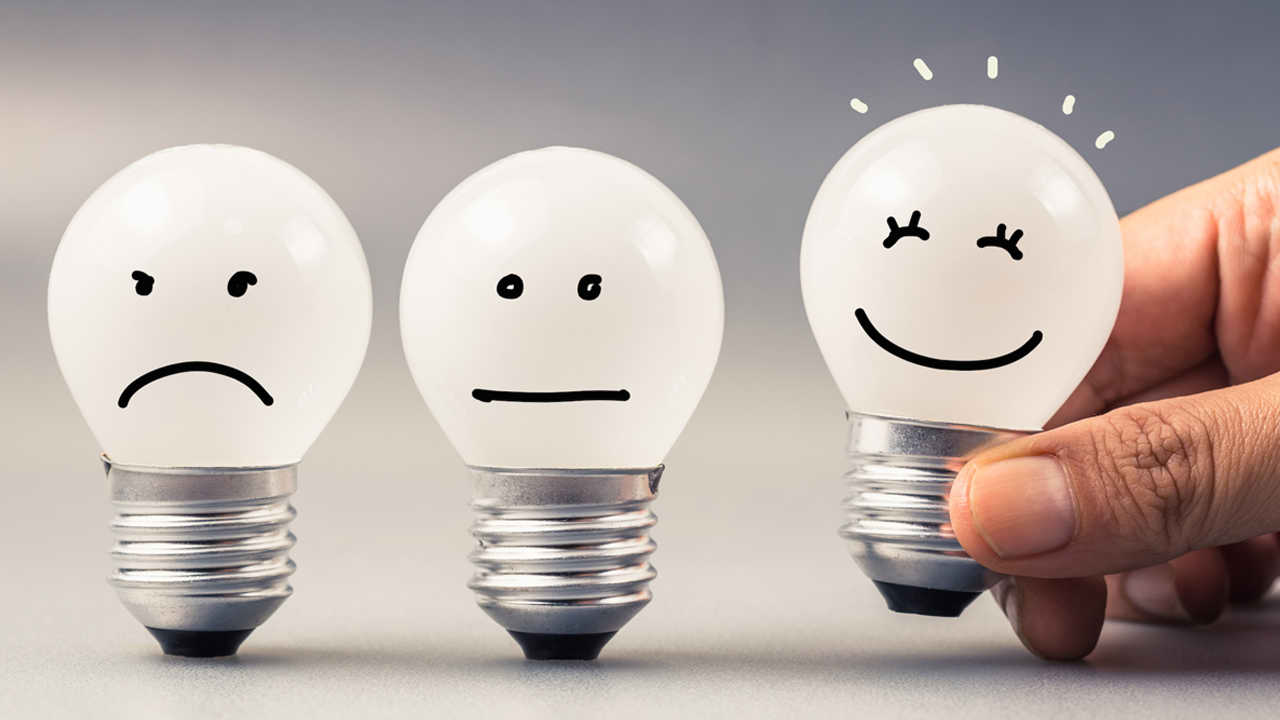What is a growth mindset and how to develop it? How are mindsets formed, anyway? Dr. Carol Dweck, a Stanford University psychologist, established the terms growth mindset and fixed mindset. Her research reveals two primary sources: praising and labeling, both of which occur early in childhood. The culprits are our parents and teachers. Dweck and her team ran an experiment on students. One group of students were praised for their ABILITY and another group was praised for their EFFORT.

Both groups were exactly equal at the beginning of the study. However, after praising, the ability praise group shifted into a fixed mindset. In subsequent tests, the group that was praised for their ability began rejecting new challenges and avoiding doing anything that could expose their flaws. Their performance plummeted. In contrast, many of the effort-praised students actually said they enjoyed the hard problems they were given more than the easy ones. The performance of this group continued to improve.

If you have a fixed mindset:
You believe you are either good or not good at something. This type of mindset suggests that you have a certain amount of intelligence and talent, and nothing can change that. Your talents and intelligence are fixed. It doesn’t matter how much effort you put in, your efforts are fruitless. With a fixed mindset, you tend to avoid challenges, because failure suggests that you lack the intelligence needed to be successful. You stick with what you know to keep up your self-confidence.

If you have a growth mindset:
You believe your talents can be developed through hard work, learning, and feedback. Your abilities are entirely due to your actions and effort, therefore, you believe you can be good at anything. You believe failures are just temporary setbacks, so you persist through them. You embrace challenges because you believe they will help you improve your performance. If you have a growth mindset, you tend to achieve more than those with a fixed mindset, and you are more likely to maximize your full potential.

While most people tend to lean toward one mindset or the other, it’s possible to have a mix of both
You can have a growth mindset for intelligence, and a fixed mindset for your personality, or vice versa. And in different situations, your mindset can change. The good news is, you have a choice. Mindsets are just beliefs! Powerful beliefs, but they’re just something in your mind, and you can change your mind at any time! You CAN overcome fear and you CAN reach success. To learn how to develop a growth mindset, watch this video!


Facebook Comments